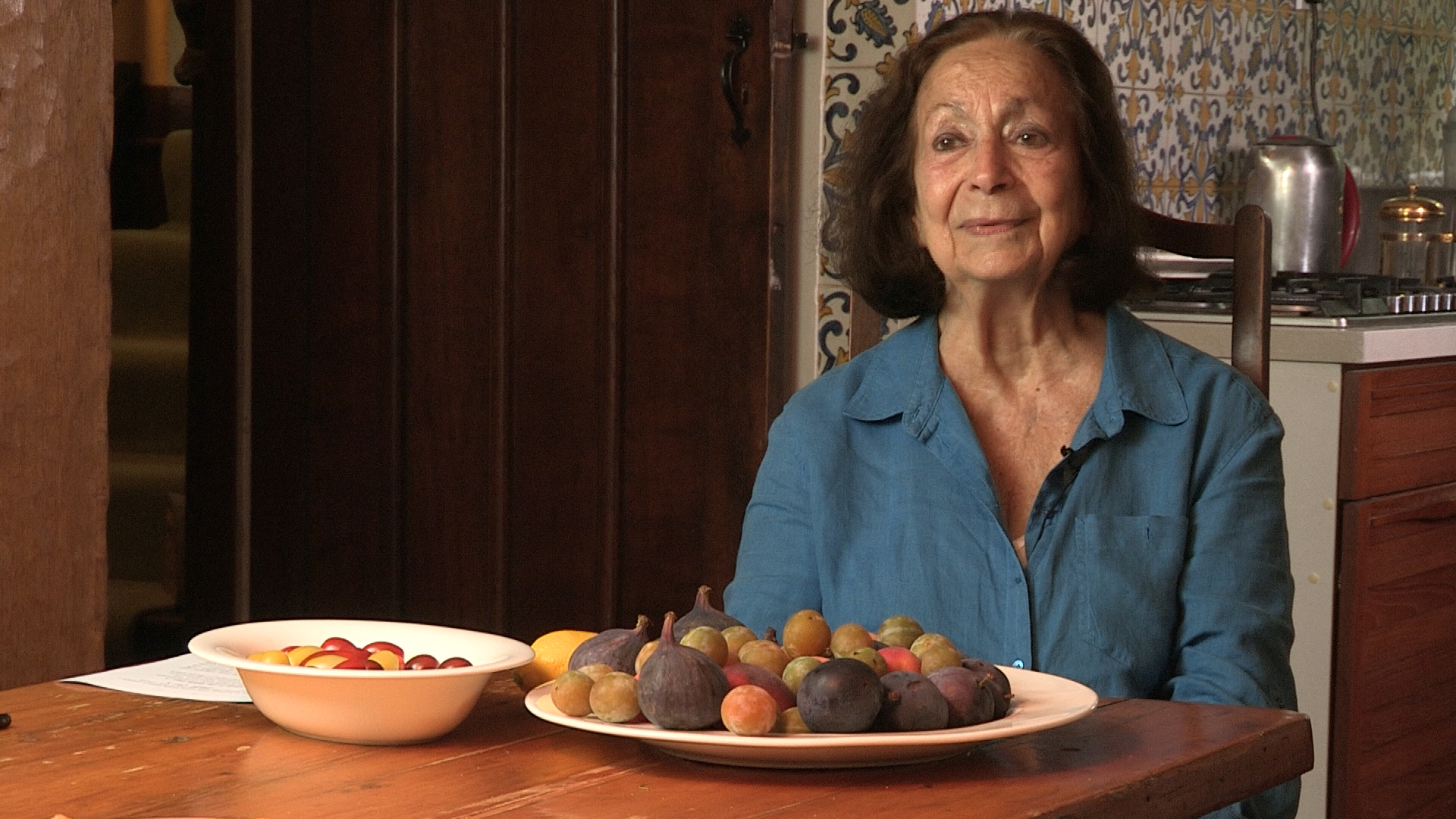NEXT STORY

What about dukkah?
RELATED STORIES

NEXT STORY

What about dukkah?
RELATED STORIES


|
Views | Duration | |
|---|---|---|---|
| 131. The poor villages in Egypt | 02:02 | ||
| 132. A bowl of different lentil soup | 02:21 | ||
| 133. Coco and Poussy | 04:03 | ||
| 134. 'The cook only brings the food, doesn't say anything' | 02:57 | ||
| 135. Seminars on Egyptian food | 05:39 | ||
| 136. The history of Egyptian food | 03:58 | ||
| 137. What about dukkah? | 03:14 | ||
| 138. Egyptian nouvelle cuisine | 02:11 | ||
| 139. The businessman's not-so-impressive cooking | 01:49 | ||
| 140. The odd cuisine of Morocco | 1 | 04:33 |


Then I was telling them about their history. I had researched it, the history of all the people who came to Egypt. And brought their ingredients, they brought their food. The fact that it was brought 100 or 200 years ago, doesn't mean it's not yours. It is yours, just as much as it is theirs. But yes, you can say it's yours, but actually they make stuffed vegetable differently from others. And I had been and stayed in a farm where they cooked – the little maid there, always little maids, because they're young, very young, had cooked stuffed vegetables in a farm where it was growing oranges and bananas. And they also had horses. And the owner of the farm was wealthy farmer. And he was a famous horse jumper. International. And he wanted a good food. And so, it was good.
And it was... you can say it's Egyptian because it's different in flavour. In every country they have... the Turks have their flavours, you have your flavours, different spices. But also, I told them about the foods that they already had in medieval times. Because there was a manuscript. It was in their library, they didn't even know. And they didn't even think about anything from medieval times. And I told them about the vegetables, the herbs, the things that were in their tombs on their frescos, in their papyrus that they had. And so, I was able to say something about history and the more recent history during the Mamluks, when the Mamluks had their influences, they were their kings.
But then I said, do you know, we know about food in the time of the pharaohs, also through the Bible. We know it through the ancient Greeks because they wrote about what they ate in Egypt. And do you know, the Jews who wrote the Bibles, they wrote that they remembered in Exodus, the food they missed from Egypt. And they were nostalgic about their foods, and they wanted to grow them. They mentioned the cucumbers. They mentioned the leeks. They mentioned even the quails that Moses and the Jews as they ran away from Egypt, that they ate during their Exodus, until they reached Jerusalem. And I said, 'Well, now it was after my exodus when the Jews left Egypt in 1956, I remembered the foods that we ate in Egypt and that's what I've been writing about ever since'. So, there was a lot of laughter.
Claudia Roden (b. 1936) is an Egyptian-born British cookbook writer and cultural anthropologist of Sephardi/Mizrahi descent. She is best known as the author of Middle Eastern cookbooks including A Book of Middle Eastern Food, The New Book of Middle Eastern Food and The Book of Jewish Food.
Title: The history of Egyptian food
Listeners: Nelly Wolman
Claudia Roden talking to her granddaughter Nelly Wolman about her life in food.
Tags: Egypt
Duration: 3 minutes, 58 seconds
Date story recorded: September 2022
Date story went live: 04 December 2023